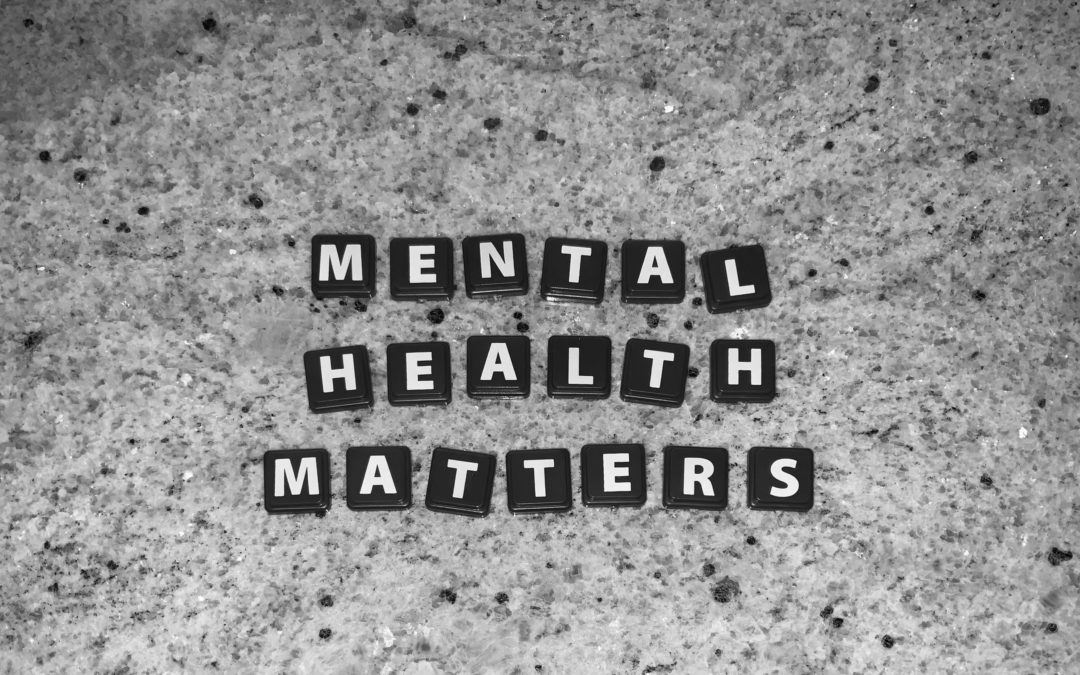October has been declared Mental Health Awareness Month. The objective is to educate the public on mental health and wellbeing, whilst destigmatizing mental illness and the discrimination that often comes along with it.
According to WHO, mental disorders are “characterized by a clinically significant disturbance in an individual’s cognition, emotional regulation, or behaviour. It is usually associated with distress or impairment in important areas of functioning.” Mental health conditions, illnesses, and disorders can be brought about in numerous ways. They can be a complex interplay between genetic, biological, psychological, historic, social, and environmental factors.
With the recent COVID-19 pandemic, many aspects of the world we grew up knowing changed. Suddenly, we were isolated and left to our own devices (quite literally). This also means we were forced to spend time with our own thoughts, and while social media became an imperative tool for connecting with loved ones, it also became abundantly clear that overuse is dangerous.
Humans are naturally social beings. With that being said, it’s understandable that we flocked to social media to keep in contact with friends and family, and share our lockdown activities with the world, however, these actions drastically increased the amount of time we spent in front of screens. In an ironic twist of events, overusing social media, which was designed to make us feel connected, can initiate feelings of the exact opposite.
Adolescents are unfortunately hit the hardest when it comes to social media and societal expectations. Most of the content we see online is of influencers living it up and showing off how great their lives are, which can easily lead to feelings of inadequacy, dissatisfaction, envy, sadness, and loneliness, despite the knowledge that most of that content is manipulated. There have been multiple studies that all indicate excessive social media usage leads to an increase in depression, suicidal ideation, anxiety, and eating disorders.
However, social media isn’t entirely bad. It enables us to find like-minded individuals and a sense of community. It allows us to use our voices to speak up about things that are important to us. We can communicate and connect with loved ones all over the world with a few simple taps of the screen. It lets up find an outlet for creativity and self-expression, and it allows us to seek or offer emotional support during difficult times.
There are multiple organizations that provide online mental health support and advice, such as SADAG. The South African Depression and Anxiety Group is a non-profit organization that provides information, support, and contact details for various helplines. They deal with mental health issues such as depression, anxiety, bipolar disorder, ADHD, suicidal ideations, OCD, trauma, PTSD, as well as substance abuse.
If you ever feel the need to, please don’t hesitate to call one of their helplines. Remember that your mental health is important to your quality of life, and it shouldn’t be embarrassing to admit that you need support.
SADAG Mental Health Line:
011 234 4837
Suicide Crisis Line:
0800 567 567

